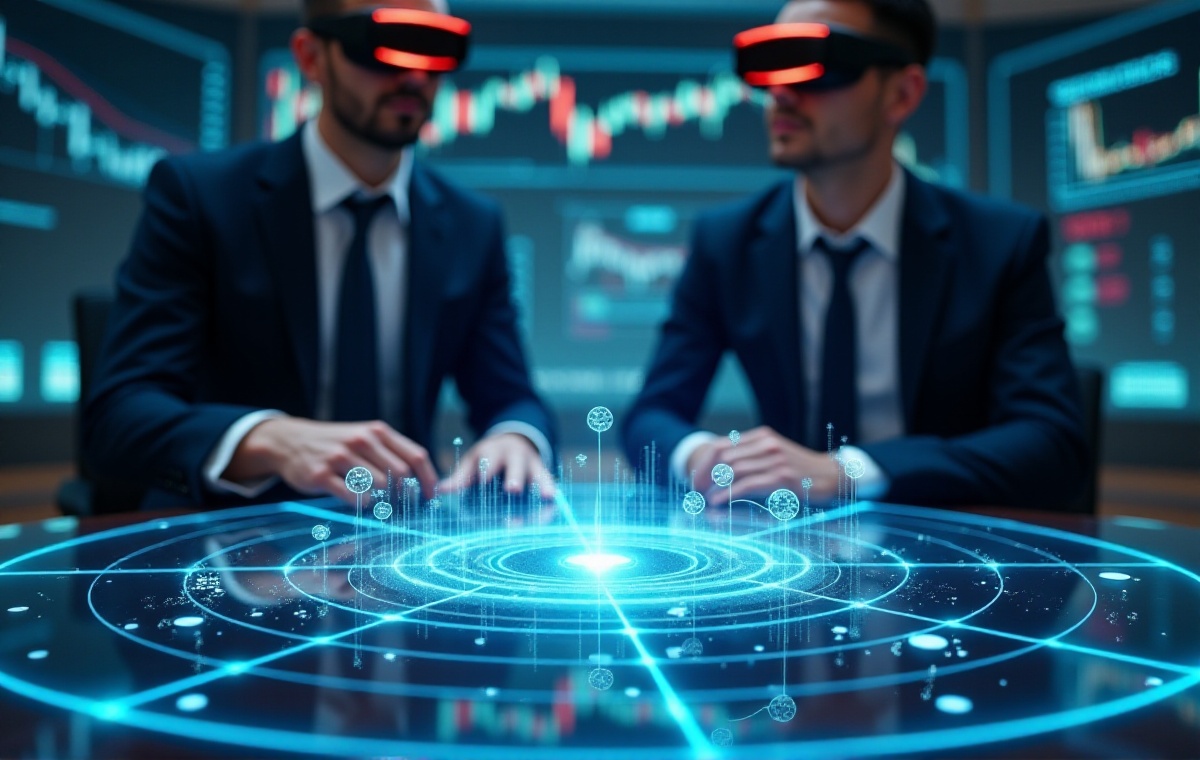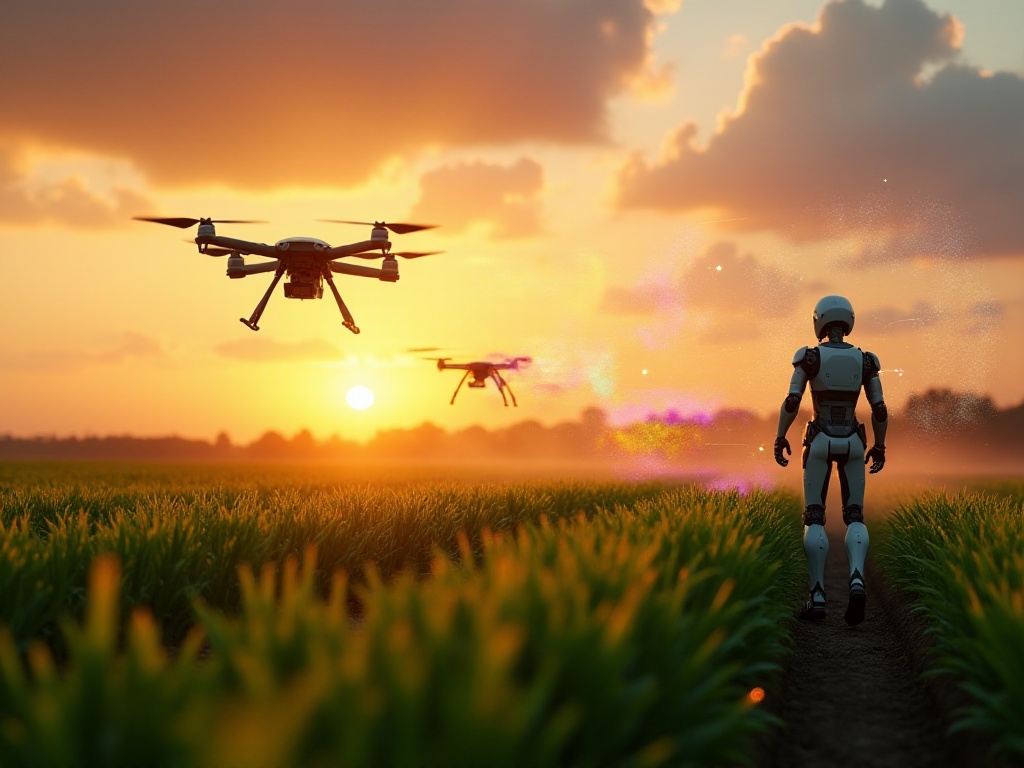Opening Thoughts
To be honest, I was truly amazed the first time I used Siri! I was in high school then, and seeing everyone around me playing with this new feature, I quickly pulled out my phone to try it too. I remember my first question was "What's the weather like today," and Siri responded immediately. Although the voice still sounded a bit mechanical, the feeling of being able to talk to your phone was just so cool! Everyone was super excited back then, and during breaks, we would gather around and take turns asking all sorts of weird questions to see how Siri would respond.
Looking back now, it was really adorable how excited we got just because a phone could answer simple questions. But comparing Siri from back then to today's ChatGPT is like comparing a kindergartener to a university professor. Today's AI can not only carry on normal conversations but also write essays, code, create art, and even help plan travel itineraries - it's developing faster than a rocket!
Cognitive Revolution
As a post-95 content creator who works with AI daily, I've deeply experienced the enormous changes AI has brought. I remember when I first started writing articles, it was so painful! I had to open dozens of web pages to research and slowly organize my thoughts. Sometimes I'd get writer's block halfway through, and the feeling made me want to throw my keyboard across the room!
But now it's completely different - writing articles feels like chatting with an incredibly knowledgeable friend. I can throw out any topic, and ChatGPT provides me with lots of material and ideas. However, I must remind everyone not to completely trust what AI says; you still need to verify things when necessary. Just the other day, I found one of its data points didn't quite match up, fortunately I had the habit of fact-checking.
Speaking of data, AI's progress over these years has been truly remarkable. Take speech recognition for example - in 2012, the accuracy rate was only 70%, often resulting in funny recognition errors. I remember once when I said "I want to listen to Jay Chou's songs," and my phone started playing Steve Chou instead! But now it's completely different, with accuracy rates above 98%, these embarrassing situations rarely happen anymore. Plus, today's AI is super smart - you can say several sentences in a row, and it understands your meaning, just like talking to a real person.
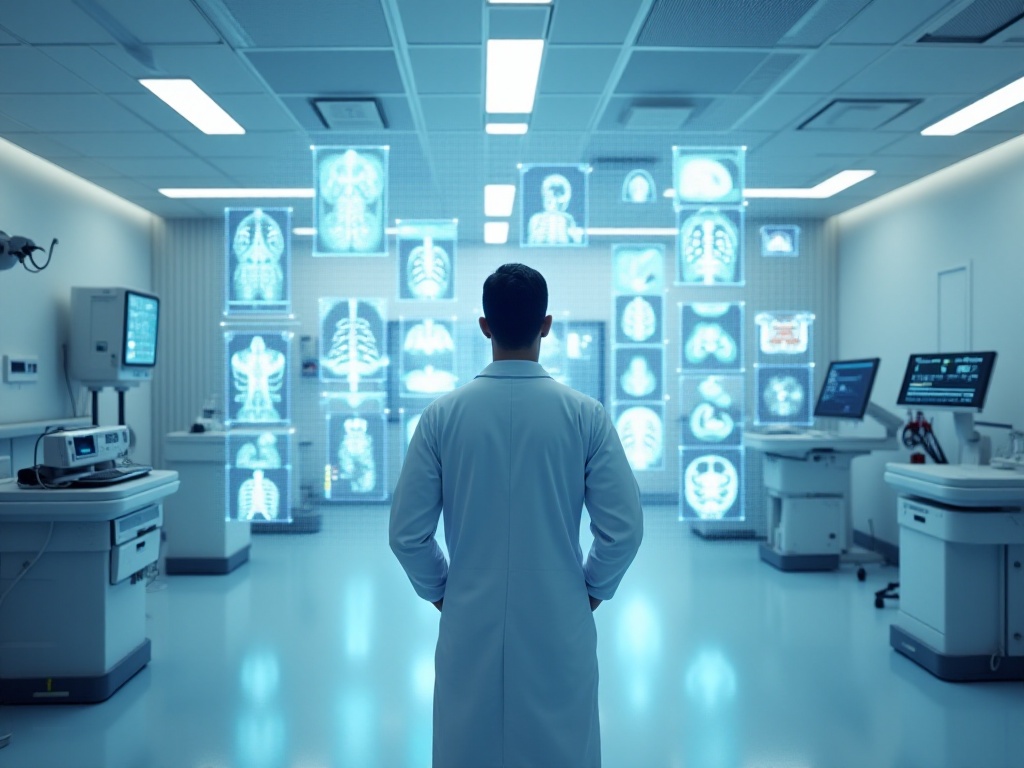
Intelligent Analysis
Recently, I noticed something amazing - every time I open Taobao, the recommended items on the homepage are exactly to my taste! I used to wonder how Taobao understood me so well, then I learned it was all AI working behind the scenes. It analyzes our browsing history, shopping habits, and even behavior on other apps to precisely recommend products we might be interested in. Data shows that e-commerce platforms using AI recommendation systems have seen an average 35% increase in user purchase conversion rates. No wonder I can't control my shopping urges - it's all AI's doing!
AI applications in the financial sector are even more impressive. A friend who works at a bank told me their AI risk control system is absolutely incredible. What used to take days to detect fraud now takes seconds with AI, with an accuracy rate of 99.7%. Just last year, it helped banks identify fraudulent transactions worth over 1 billion yuan. Isn't this like having a supernatural eye? Plus, AI never needs to rest, working 24/7 - that's an efficiency level humans can't even dream of matching!
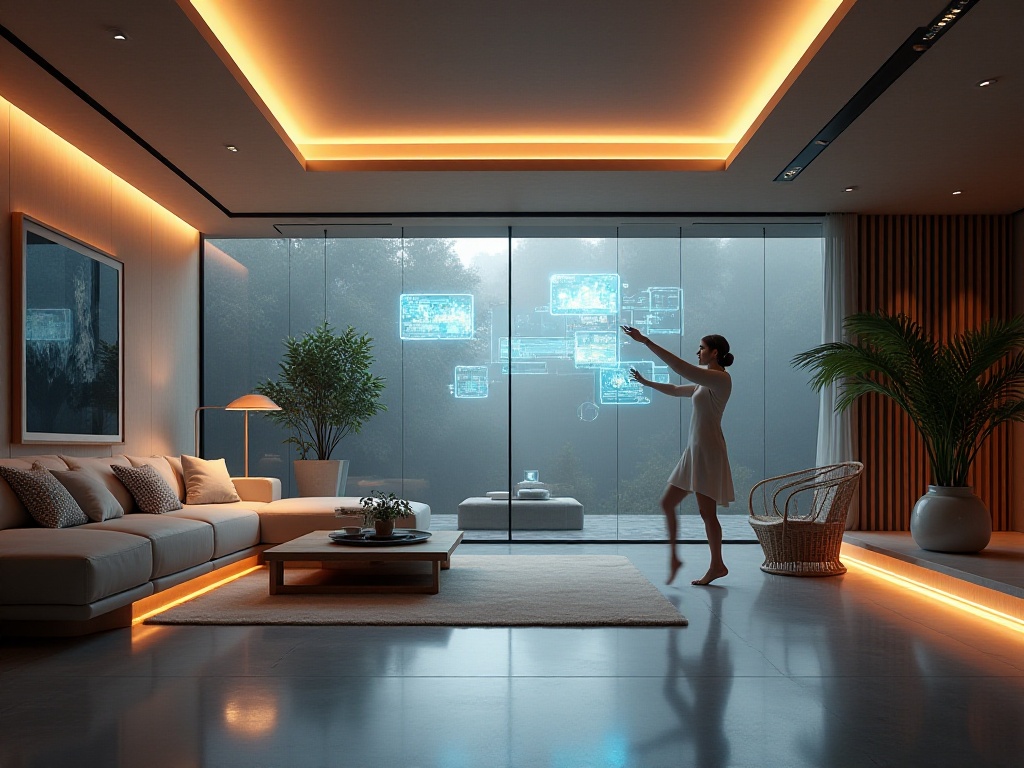
Industry Applications
Talking about AI applications in healthcare, I was truly moved. Last year, I visited a smart medical system with a doctor friend at their hospital, and the scene was like something out of science fiction! Previously, doctors needed a long time to review CT scans, and sometimes might miss things when they were too busy. Now with the AI-assisted diagnostic system, it takes just seconds to analyze CT images, with an accuracy rate of 95%.
What's even more impressive is that the system can automatically mark suspicious areas, helping doctors locate problems faster. My friend said that with this system, they can see several times more patients each day, especially in basic-level hospitals where cases that previously required expert consultation can now get preliminary diagnostic suggestions quickly through the AI system. Think about it - isn't this like giving everyone access to big hospital-level diagnostics?
My home is now full of smart devices, and my favorite is the smart speaker. I used to think it was just a speaker that could play music, but now I realize it's like a household butler! In the morning, it reminds me what to wear based on the weather, turns on the air conditioning to a comfortable temperature before I get home, and even reminds me to water the plants. Most amazingly, it learns our household's electricity usage habits and automatically adjusts various appliances' working states. Statistics show that households using smart home systems save an average of 20% on electricity bills. At this rate, the cost of these devices pays for itself pretty quickly!
Moreover, today's smart home devices can work together. For example, when my robot vacuum discovers an area that tends to collect dust, it automatically tells the air purifier to spend more time cleaning that spot. This kind of smart interconnection really makes life easier, and we don't have to worry about these trivial matters anymore.
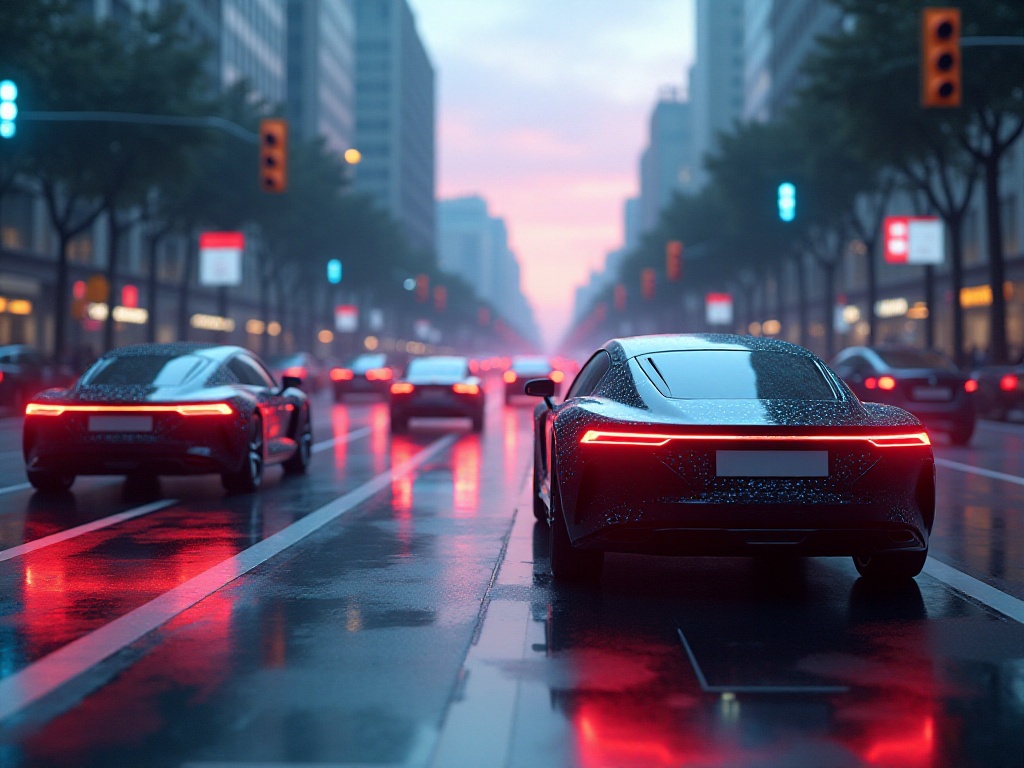
Future Outlook
Every time I see new developments in AI, I can't help but imagine what the future might be like. Maybe in a few years, each of us will have a personal AI assistant that not only knows all our habits and preferences but can also help us make various decisions. For example, when we wake up in the morning, it will have already planned our day based on our schedule, including when to leave to avoid traffic, what's healthiest to eat for lunch, and whether to go to the gym or meet friends after work.
To be honest, though, even though AI is already so impressive, it's still just a tool, like our phones and computers. What matters is how we use it. I often tell my followers not to treat AI as omnipotent, but rather learn to collaborate with it. Like when writing articles, I use AI to help me gather materials and provide ideas, but ultimately how to write and what style to use still depends on my own judgment.
I think the coolest thing about the future isn't what AI can do, but what we can do with AI. Maybe the way we learn new skills will change completely - like learning piano, where AI not only customizes tutorials based on our level but also corrects our hand positions and rhythm in real-time. When learning a foreign language, AI could design targeted exercises based on our pronunciation characteristics. Wouldn't this way of learning be much more efficient than now?
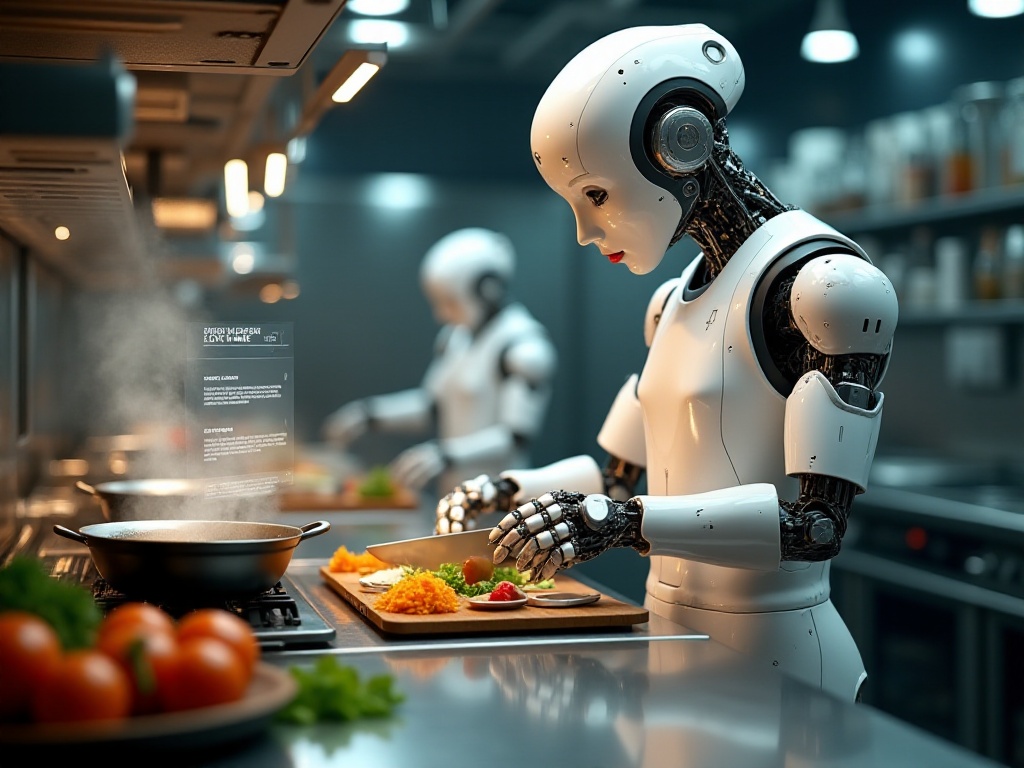
Friendly Tips
At this point, I'd like to give some advice to friends who haven't started using AI yet. Don't jump into the sophisticated applications right away; start with the basics. Try using your phone's built-in voice assistant first to experience the convenience of voice control. Or try some AI writing tools to help polish your articles. Once you're familiar with these basic applications, gradually try more professional AI tools.
The most important thing is to develop a mindset of collaborating with AI. Like how I write articles now, I treat AI as my assistant, letting it help me research and provide materials, but I still lead the creative process. This way, we can improve efficiency without becoming too dependent on AI.
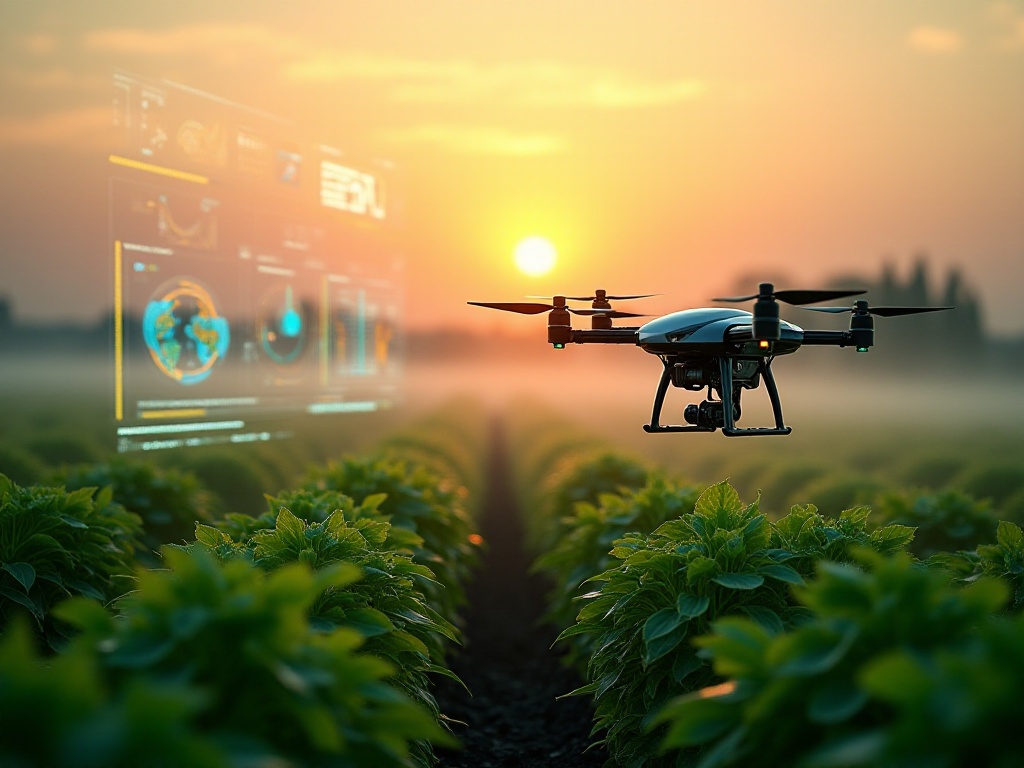
Final Thoughts
Thinking back to when I first heard about AI ten years ago, everyone around me was worried about robots taking our jobs. Looking back now, those concerns seem kind of cute. AI has indeed changed many ways of working, but it's mostly helping us reduce our burdens, allowing us to focus on more creative things.
Take myself for example - because of AI's help, I don't need to spend lots of time doing repetitive work anymore, and can instead focus more energy on content creation and interacting with followers. Isn't this the best way for humans and AI to collaborate?
Actually, AI is like a super assistant for each of us - it's not here to replace us, but to help us. Just like getting better tools, the key is learning how to use them well. I look forward to seeing more friends share their interesting experiences using AI!



